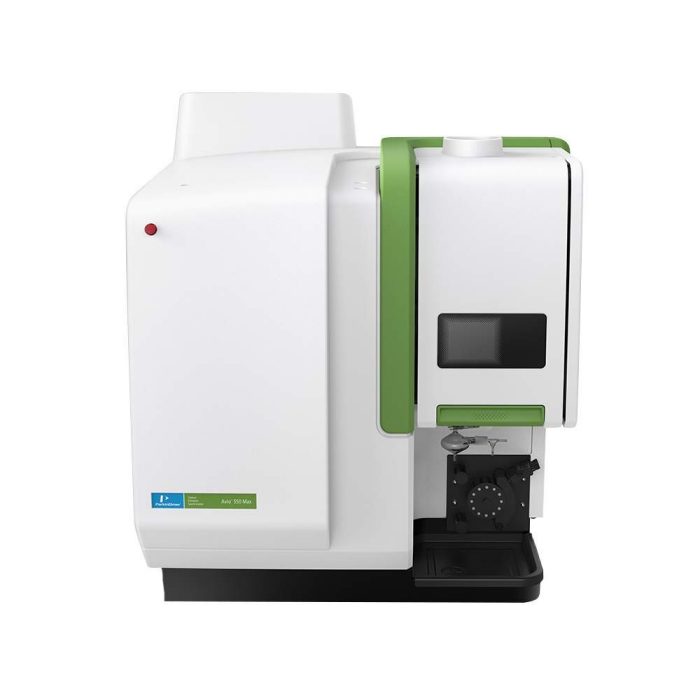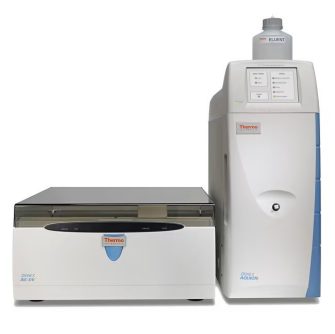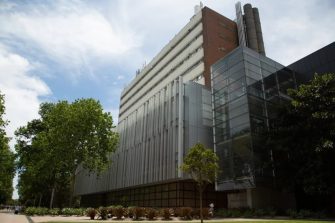Avio-560 Max ICP-OES

Description
An Inductively Coupled Plasma (ICP) is generated by heating a flow of argon gas through a torch fitted with a radio frequency induction coil. Usually, a dissolved sample is nebulized and fed into the plasma (at up to 10,000 degrees Kelvin) where the elements in the sample excite. The excited atoms and ions emit their characteristic wavelength which is detected and turned into electronic signals that are converted into concentration information for the analyst.
Specifications
- Flat Plate™ plasma technology.
- Universal Data Acquisition in Syngistix software, enables simultaneous acquisition of all available wavelengths.
- Vertical plasma torch design.
- Dual view optimizes axial and radial plasma viewing to the extended linear dynamic range, measuring high and low concentrations in the same run, regardless of wavelength
- Detector: Segmented-array Charged-coupled device (SCD)
Detection limits of working solution (approx.):0.05mg/l (limit may vary depends on elements, concentration, matrix etc.)
Applications
The Avio-560 Max performs a wide range of rapid, multi-element quantitative analyses of major, minor and trace elements.
-
Water, drinking water, groundwater, wastewater -high organics contains water, sea water, water extracted solution, water or acid soluble salts, hydroponic solution.
-
Natural products: - Plant material, animal tissues, food, compost, manure.
-
- Volatiles and solvents
- Biological serums (blood, saliva, fluid, buffer matrix
- Polymers-plastics for elemental impurities
- Char, Graphene, graphite- diamond (acid-MW) extract
-
- Sediments, sludges, soils, ceramic, quartz: EPA-3051A (acid-MW) extract
- Soil-agricultural applications
- Metal and metallurgy: assay, impurities.
- Experimental (different solution/ solvent extract)
Instrument location
Inductively Coupled Plasma - Elemental Analysis Laboratory (ICP)
Room B36
June Griffith Building (F10)
UNSW Sydney, NSW 2033
Email: icplab@unsw.edu.au
Rabeya Akter
-
Email
r.akter@unsw.edu.au
Khorshed Chinu
-
Email
k.chinu@unsw.edu.au
Parent facility
Explore more instruments, facilities & services
Our infrastructure and expertise are accessible to UNSW students and staff, external researchers, government, and industry.




